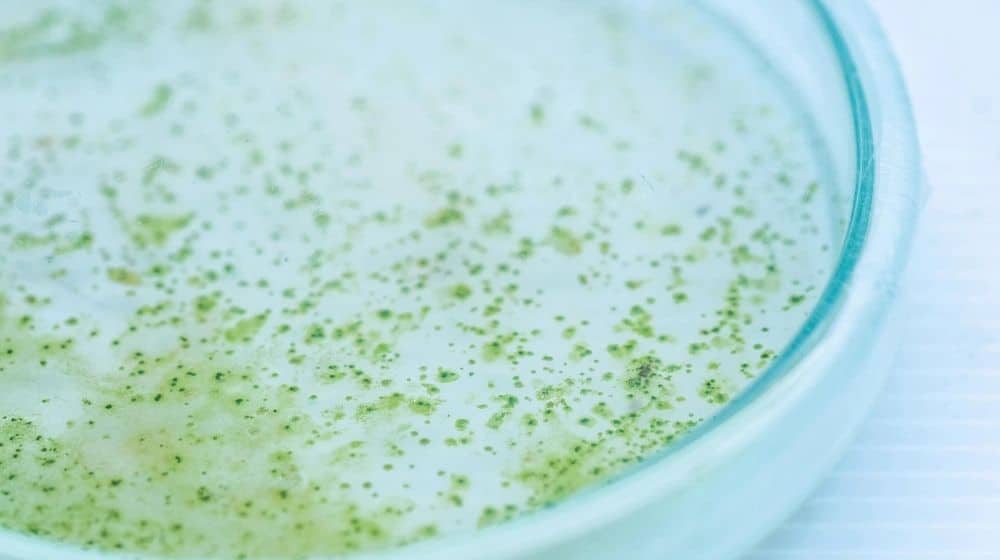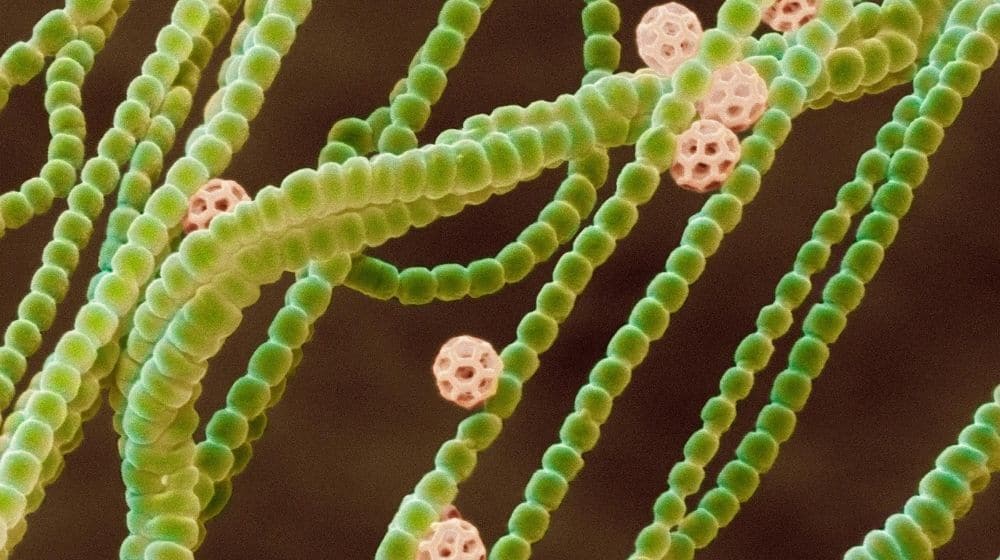Research has revealed that scientists may have found a way for humans to breathe on Mars in the near future. For years space travel was believed to be tricky for numerous reasons, the chief one being the lack of oxygen in space.
Now research has proven that bacteria might be the answer to all our space breathing problems. According to Mashable, cyanobacteria could be used to help humans easily access oxygen in space.
Cyanobacteria, also known as Cyanophyta, is a phylum of gram-negative bacteria that takes energy via photosynthesis, i.e. it turns carbon dioxide into oxygen. The bacteria is found in very hostile environments on Earth, leading scientists to believe that cyanobacteria would be able to survive on Mars.
Some experts have even suggested sending the bacteria to Mars to see if it could produce enough oxygen up there for humans to breathe. This isn’t a complete impossibility, given that experiments have already proven that cyanobacteria can grow in a Mars-like environment.
Astrobiologist Cyprien Verseux has previously worked on one of these experiments. Explaining the experiment he said:
Here we show that cyanobacteria can use gases available in the Martian atmosphere, at a low total pressure, as their source of carbon and nitrogen. Under these conditions, cyanobacteria kept their ability to grow in water containing only Mars-like dust and could still be used for feeding other microbes. This could help make long-term missions to Mars sustainable.
Heading to Mars
NASA has its eyes set on sending humans to Mars and SpaceX CEO Elon Musk has also announced his big plans for a human colony on the planet. Musk had previously expressed his desire to take one million humans to Mars by 2050.
Given the speed at which scientists are trying to discover suitable as well as sustainable conditions for humans to live on the planet, by that time they may have found a way for bacteria to provide oxygen on this long-haul mission.
However, humans would still need to live in protective shelters on Mars as the planet has a harsh environment with dramatic temperature changes and constant radiation exposure.























